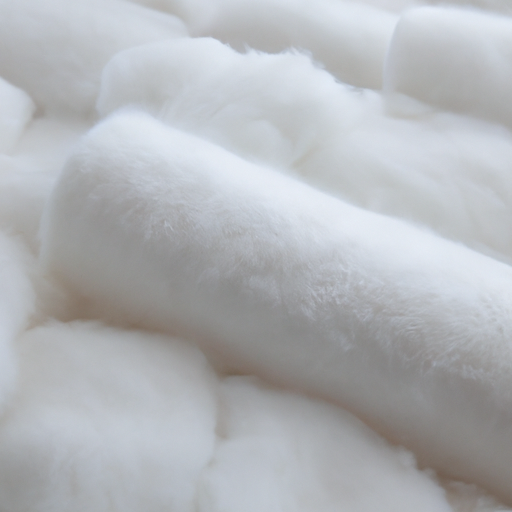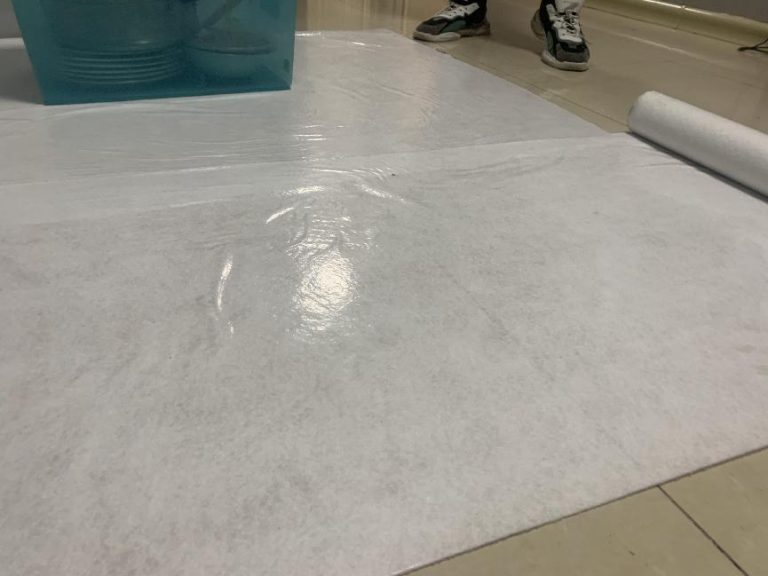Milk white coated fabric, industrial wool felt roll, a high-quality factory in China,
Table of Contents
How to Choose the Right Milk White Coated Fabric for Your Project
When selecting the right milk white coated fabric for your project, there are several factors to consider. First, you should consider the type of fabric you need. Milk white coated fabric is available in a variety of materials, including polyester, nylon, and cotton. Each material has its own unique properties and benefits, so it is important to select the one that best suits your project.
Second, you should consider the weight of the fabric. Milk white coated fabric is available in a range of weights, from lightweight to heavy-duty. The weight of the fabric will determine how durable it is and how it will hold up to wear and tear.
Third, you should consider the finish of the fabric. Milk white coated fabric is available in a variety of finishes, including matte, glossy, and textured. The finish of the fabric will affect how it looks and how it will feel when touched.
Finally, you should consider the cost of the fabric. Milk white coated fabric is available in a range of prices, depending on the type of fabric, weight, and finish. It is important to select a fabric that fits within your budget.
By considering these factors, you can ensure that you select the right milk white coated fabric for your project. With the right fabric, you can create a beautiful and durable project that will last for years to come.
The Benefits of Using Industrial Wool Felt Roll in Manufacturing
Industrial wool felt roll is a versatile material that is used in a variety of manufacturing processes. It is a strong, durable material that is resistant to wear and tear, making it an ideal choice for a variety of applications. Industrial wool felt roll is also highly absorbent, making it an ideal choice for applications that require a high degree of absorption.
One of the primary benefits of using industrial wool felt roll in manufacturing is its durability. Wool felt is a strong material that is resistant to wear and tear, making it an ideal choice for applications that require a high degree of durability. This makes it an ideal choice for applications that require a long-lasting product. Additionally, wool felt is highly absorbent, making it an ideal choice for applications that require a high degree of absorption. This makes it an ideal choice for applications that require a product that can absorb liquids and other materials.
Another benefit of using industrial wool felt roll in manufacturing is its cost-effectiveness. Wool felt is a relatively inexpensive material, making it an ideal choice for applications that require a cost-effective solution. Additionally, wool felt is a renewable resource, making it an environmentally friendly choice for applications that require a sustainable material.
Finally, industrial wool felt roll is a versatile material that can be used in a variety of applications. It can be used in a variety of manufacturing processes, including cutting, shaping, and forming. Additionally, it can be used in a variety of applications, including insulation, soundproofing, and filtration. This makes it an ideal choice for applications that require a versatile material.
In conclusion, industrial wool felt roll is a versatile material that is used in a variety of manufacturing processes. It is a strong, durable material that is resistant to wear and tear, making it an ideal choice for applications that require a high degree of durability. Additionally, it is highly absorbent, making it an ideal choice for applications that require a high degree of absorption. Finally, it is a cost-effective and renewable resource, making it an environmentally friendly choice for applications that require a sustainable material.
Exploring the Quality of High-Quality Factories in China
China is renowned for its high-quality factories, which produce a wide range of products for both domestic and international markets. In order to ensure that these factories are of the highest quality, there are a number of factors that must be taken into consideration. This article will explore the various aspects of quality in Chinese factories, from the materials used to the production processes employed.
The first factor to consider is the quality of the materials used in the production process. Chinese factories often use high-grade materials, such as stainless steel, aluminum, and other metals, to ensure that their products are of the highest quality. Additionally, they may use specialized materials, such as carbon fiber or titanium, to create products that are both strong and lightweight.
The second factor to consider is the production process employed by the factory. Chinese factories often employ advanced production techniques, such as computer-aided design (CAD) and computer-aided manufacturing (CAM), to ensure that their products are of the highest quality. Additionally, they may use automated processes, such as robotic arms and 3D printing, to further improve the quality of their products.
The third factor to consider is the quality control measures employed by the factory. Chinese factories often employ rigorous quality control measures, such as inspections and testing, to ensure that their products meet the highest standards. Additionally, they may use advanced technologies, such as X-ray machines and ultrasonic testing, to further ensure the quality of their products.
Finally, the fourth factor to consider is the safety measures employed by the factory. Chinese factories often employ strict safety protocols, such as fire safety systems and emergency evacuation plans, to ensure that their workers are safe and secure. Additionally, they may use advanced technologies, such as facial recognition systems and access control systems, to further ensure the safety of their workers.
By taking into consideration these four factors, it is possible to ensure that Chinese factories are of the highest quality. By using high-grade materials, employing advanced production techniques, implementing rigorous quality control measures, and employing strict safety protocols, Chinese factories can produce products of the highest quality.

